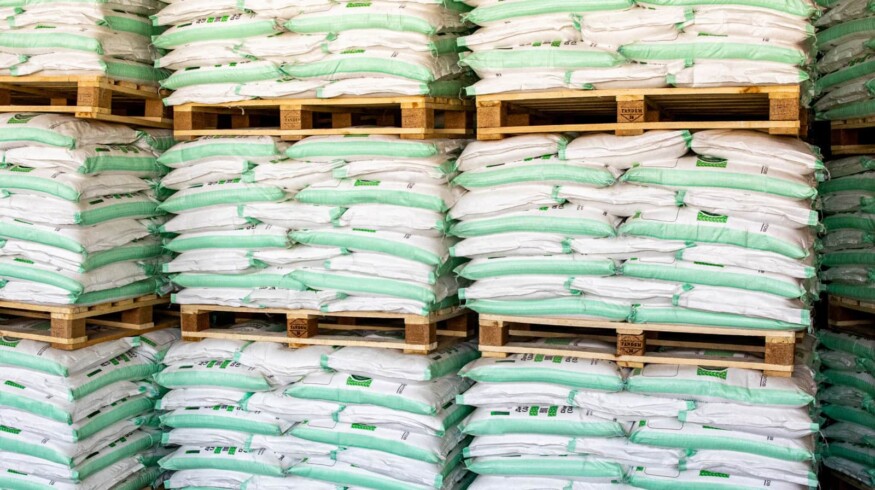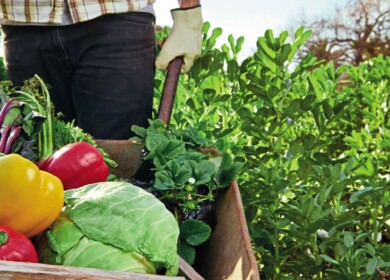Water-soluble fertilizers: knowing what is what

Today, Russia produces a wide range of various mineral fertilizers used in greenhouses, however, in recent years there has been a shift towards the use of water soluble brands.
This is due to the fact that water soluble fertilizers are more effective than granular ones. They are delivered directly to the root or to the leaf, thus minimizing the loss of active ingredients, and reduce water consumption. Water solubles are generally better distributed in the soil layer and absorbed by plant roots with the reduction of the application rates if compared to traditional agrochemicals. In addition, cash costs are reduced, labor and time are saved.
However, the use of water soluble fertilizers requires a set of simple rules. First of all, the correct selection of the composition of agrochemicals is necessary, providing balanced mineral nutrition and maintaining the acid balance.
Then, it is necessary to determine what type of irrigation system is needed. When it comes to the garden plot, a simple watering can is enough, when we deal with a large greenhouse complex, everything is much trickier here – hydroponics and sophisticated technology should be involved.
Generally, all plant nutrition systems in greenhouses are divided into several types – periodic flooding and floating platform systems, drip irrigation, nutrient film technique and aeroponics. Their stable operation depends on energy supply and in case of a power outage, the plant roots can dry out very quickly and the crop will die (however, if the problem occurs in the winter, it can be lost due to the cooling of the greenhouse).
It is also important to select a specific water soluble fertilizer for a particular crop and stage of its development. For example, sulfate of potash is great for plants that do not like chlorine: tomatoes, potatoes, beans, fruit crops. It is used for feeding, providing rapid growth, active flowering and abundant harvest. Potassium sulfate is necessary for the safe wintering of perennial berries like strawberries, etc.
Monopotassium phosphate is an excellent source of potassium and phosphorus for any systems of growing vegetables and berries, as it helps their better ripening and preservation of fruits.
And finally, it is extremely important to choose a manufacturer of water soluble fertilizers, ensuring the accuracy of their compositions and the absence of impurities. Here it is worth mentioning Almaz Fertilizers (former Hydrometallurgical Plant, Lermontov, Stavropol Krai), producing a comprehensive line of 100% phosphoric water soluble fertilizers (monoammonium phosphate, diammonium phosphate, monopotassium phosphate), as well as 100% water soluble potassium sulfate.
“Few are aware that we were the first in the USSR to start producing water soluble fertilizers. Today we are one of the leading manufacturers of phosphorus water soluble fertilizers in the world, supplying them to many regions of Russia and exporting to more than 40 countries. In the post-Soviet space, we are the only producer of monopotassium phosphate required in greenhouse complexes, as well as the only producer of 100% water soluble diammonium phosphate, which is only produced by a few companies in the world,” said Edward Gurary, Commercial Director of Cashmere Capital (the exclusive trading house of the Almaz Fertilizers). – “We guarantee the highest quality of our products, 100% solubility and the absence of harmful impurities. Our products are not inferior, but often surpass in quality expensive foreign analogues. The enterprise plans to actively modernize, to increase production capacities and to expand the product range in order to satisfy the needs of any, even the most demanding consumers. In September 2019, we already doubled our potassium monophosphate production capacity and are working to increase the potassium sulfate production capacity by several times.”
Enjoyed this story?
Every Monday, our subscribers get their hands on a digest of the most trending agriculture news. You can join them too!














Discussion0 comments